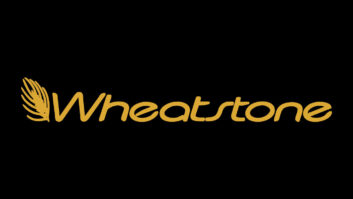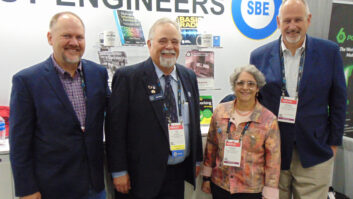The leadership committee of one of the main unions for on-air talent, AFTRA — the American Federation of Television and Radio Artists, AFL-CIO — has voted to send a new sound recording agreement to its members for ratification. The agreement resulted from negotiations with record labels, according to a summary.
It affects AFTRA members who do recording work. AFTRA announcers or other artists who work in radio would be covered.
If ratified, the new agreement would include increases in base rates and higher employer contributions to the AFTRA health and retirement funds. The deal would cover paid-up members and would be effective for three years, from Jan. 1, 2012 through Dec. 31, 2014.
Members of the negotiating committee note that talks with the record labels this summer on the agreement were not easy and that revenues for the recording industry have dropped by more than 50% since 2000. “Mass layoffs at the labels, reductions in the number of roster artists and corporate mergers occurred during the period in which we were negotiating,” state AFTRA national President Roberta Reardon and AFTRA National Executive Director Kim Roberts Hedgpeth in their letter to members.
Specifically, the deal calls for an increase in base rates by more than 6% over the term of the agreement (2% increases effective each year of the contract) and an increase in the employer health and retirement contribution rate on royalty income by 1% over the life of the agreement.
Performers would get more revenue from the sale of digital downloads, including ringtones, if passed. The deal also establishes a structure of revenue-based payments for new areas of low-budget licenses and licenses for non-traditional use, such as reuse of recordings in novelty consumer products. The committee says this would enhance compliance and expedite payments to members.
AFTRA is mailing materials describing the agreement, officially called the “AFTRA Sound Recordings Code,” and instructions for electronic voting. Votes must be cast by Jan. 31.
The Sound Recordings Code, which originated in 1951 as the American Federation of Radio Artists Phonograph Recording Code, covers announcers, session singers, royalty artists, actors, comedians, narrators and sound effects artists who work on recordings in all new and traditional media and all music formats, in addition to audiobooks, comedy albums and cast albums. The union says the code generates more than $140 million annually in AFTRA-covered earnings.












